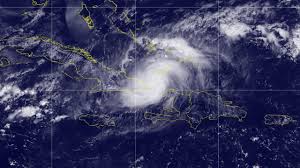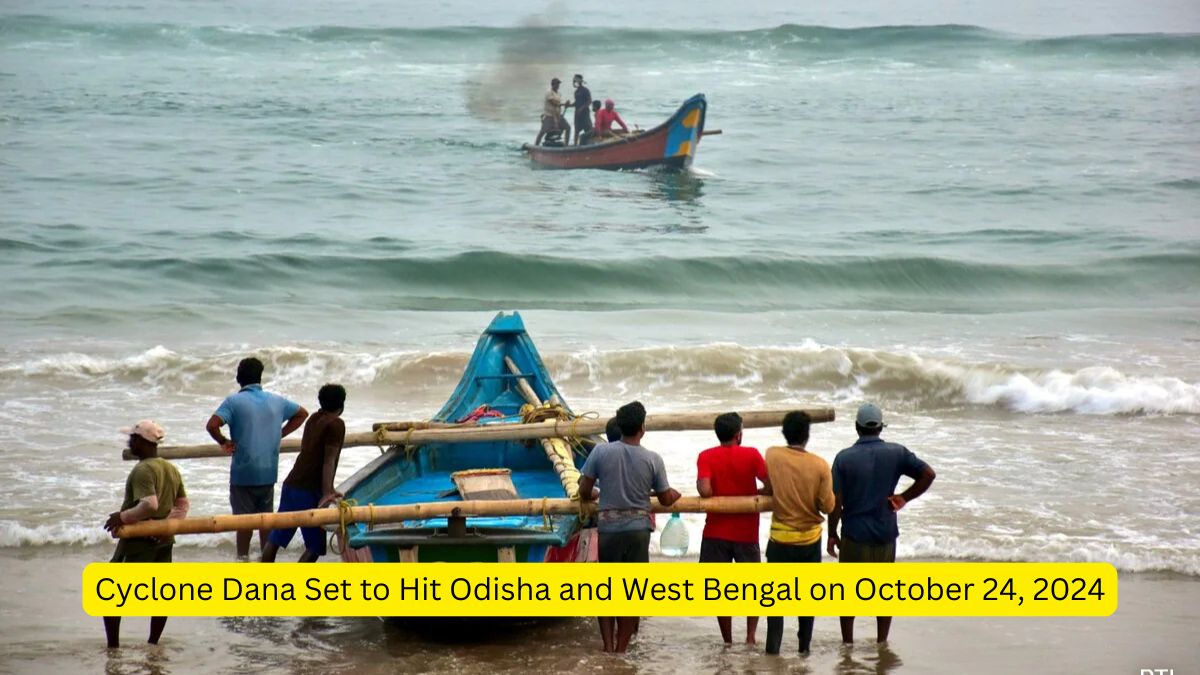Hurricane Oscar Hits Cuba, Triggers Protests Amid Economic Crisis
Overview of Hurricane Oscar
Hurricane Oscar recently struck the northern coast of Cuba, bringing devastating winds and torrential rain, which exacerbated the country’s ongoing economic crisis. The storm’s arrival was marked by significant destruction, particularly in coastal communities where flooding and infrastructure damage were rampant. The government’s struggle to provide adequate resources and relief further intensified public dissatisfaction, leading to widespread protests across various cities.
Impact on the Economy
Cuba has been grappling with a profound economic crisis, driven by the COVID-19 pandemic, US sanctions, and domestic mismanagement. As Hurricane Oscar made landfall, it compounded existing hardships by damaging agricultural sectors and disrupting supply chains. Many citizens, already facing food shortages and rising prices, expressed frustration over the government’s inability to respond effectively to both the natural disaster and the economic challenges. The intersection of these crises has led to heightened unrest and calls for political reform.
Protests Erupt
In the aftermath of Hurricane Oscar, protests erupted in several Cuban cities, with citizens demanding better living conditions, improved government responses, and accountability. The demonstrations were not solely focused on the hurricane’s impact but reflected a broader discontent with the current economic and political situation. Activists and ordinary citizens alike are rallying for change, advocating for more transparency and efficiency in government operations to address the escalating crisis.
International Response
The international community has expressed concern regarding the situation in Cuba. Various humanitarian organizations are mobilizing to provide aid, while foreign governments have offered assistance. However, the Cuban government has been cautious about accepting external help, emphasizing its sovereignty. The long-term implications of Hurricane Oscar’s impact on Cuba’s economy and political landscape remain to be seen, but the situation is critical and requires immediate attention.

Why This News is Important
Economic and Political Implications
The impact of Hurricane Oscar on Cuba extends beyond immediate physical destruction; it symbolizes the intertwining of natural disasters and human-made crises. As the hurricane wreaks havoc, it lays bare the vulnerabilities of a nation already struggling with severe economic challenges. The economic implications of the storm could deepen the crisis, prompting more citizens to join protests, thereby pressuring the government for reforms.
Humanitarian Concerns
The humanitarian aspects of this news story are significant. The ongoing protests highlight the urgent need for assistance and the importance of addressing the grievances of the Cuban population. Understanding the humanitarian implications can help guide international responses and ensure that aid reaches those who need it most.
Global Attention on Cuba
The protests triggered by Hurricane Oscar may draw global attention to the plight of the Cuban people. This situation may encourage a reevaluation of Cuba’s relations with other countries, potentially leading to shifts in diplomatic stances and humanitarian efforts aimed at improving conditions on the island.
Historical Context
Cuba has a long history of dealing with hurricanes, many of which have caused extensive damage to the nation’s infrastructure and economy. Historically, Cuba has been vulnerable to tropical storms due to its geographical location in the Caribbean. The country has faced numerous economic challenges since the 1959 revolution, particularly due to the US embargo, which has limited trade opportunities. The economic hardships intensified following the COVID-19 pandemic, leading to significant food shortages and a decline in public services.
In recent years, protests have surged in Cuba, reflecting broader discontent with the government’s handling of the economy, human rights issues, and political repression. The combination of these ongoing challenges with the immediate threat posed by Hurricane Oscar creates a critical juncture for the Cuban government, prompting potential changes in policy and governance.
Key Takeaways from “Hurricane Oscar Hits Cuba”
| Serial Number | Key Takeaway |
|---|---|
| 1 | Hurricane Oscar struck Cuba, causing significant destruction and exacerbating the ongoing economic crisis. |
| 2 | The storm’s impact has led to increased public dissatisfaction and protests against the government’s response to the crisis. |
| 3 | Cuba’s economic struggles stem from multiple factors, including US sanctions and COVID-19, resulting in severe shortages. |
| 4 | Protests reflect broader discontent among Cubans, demanding better living conditions and government accountability. |
| 5 | The international community has expressed concern, with humanitarian organizations mobilizing to provide aid, although the Cuban government is cautious about accepting assistance. |
Important FAQs for Students from this News
What is Hurricane Oscar?
Hurricane Oscar is a recent tropical storm that struck Cuba’s northern coast, causing significant destruction and exacerbating the country’s economic crisis.
What were the major impacts of Hurricane Oscar on Cuba?
The hurricane led to widespread flooding, infrastructure damage, and disruptions in the agricultural sector, intensifying existing food shortages and economic challenges.
Why did protests erupt in Cuba following the hurricane?
Protests erupted due to public frustration over the government’s inadequate response to the hurricane’s destruction and the ongoing economic crisis, with citizens demanding better living conditions and accountability.
How has the international community responded to the situation in Cuba?
Various humanitarian organizations are mobilizing to provide aid, and some foreign governments have offered assistance, although the Cuban government is cautious about accepting external help.
What historical factors contribute to Cuba’s vulnerability to hurricanes?
Cuba’s geographical location in the Caribbean makes it susceptible to tropical storms. Additionally, the country’s long-standing economic challenges, especially due to US sanctions, compound the impact of such natural disasters.
Some Important Current Affairs Links

















